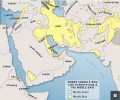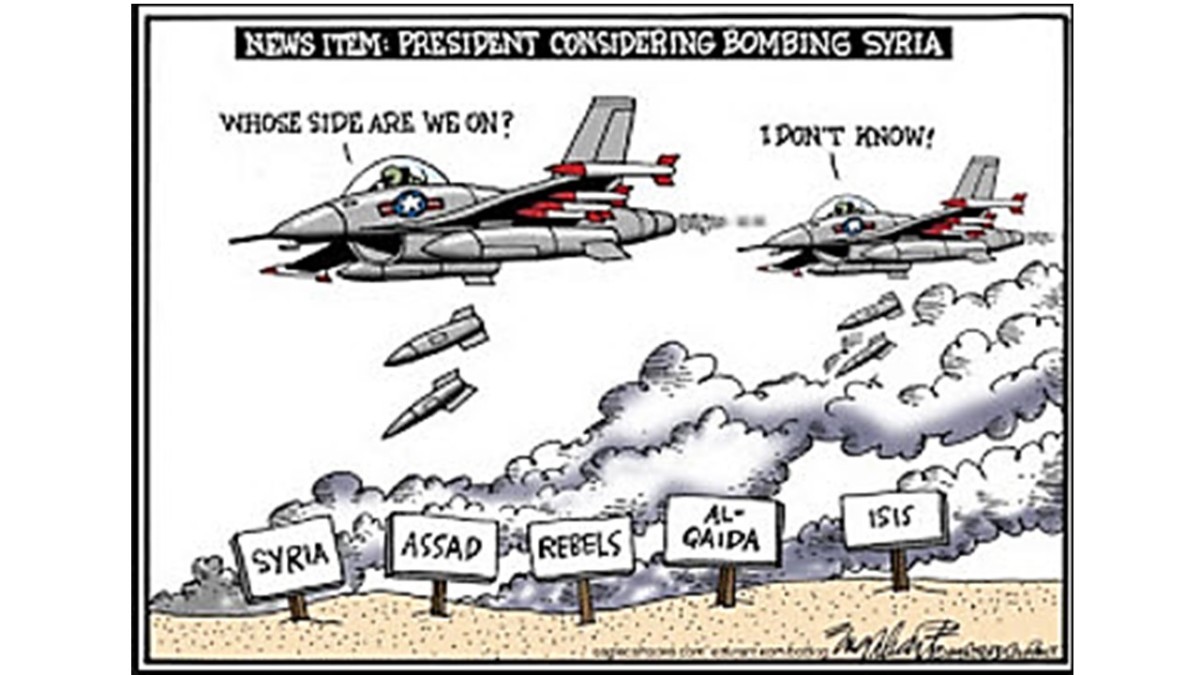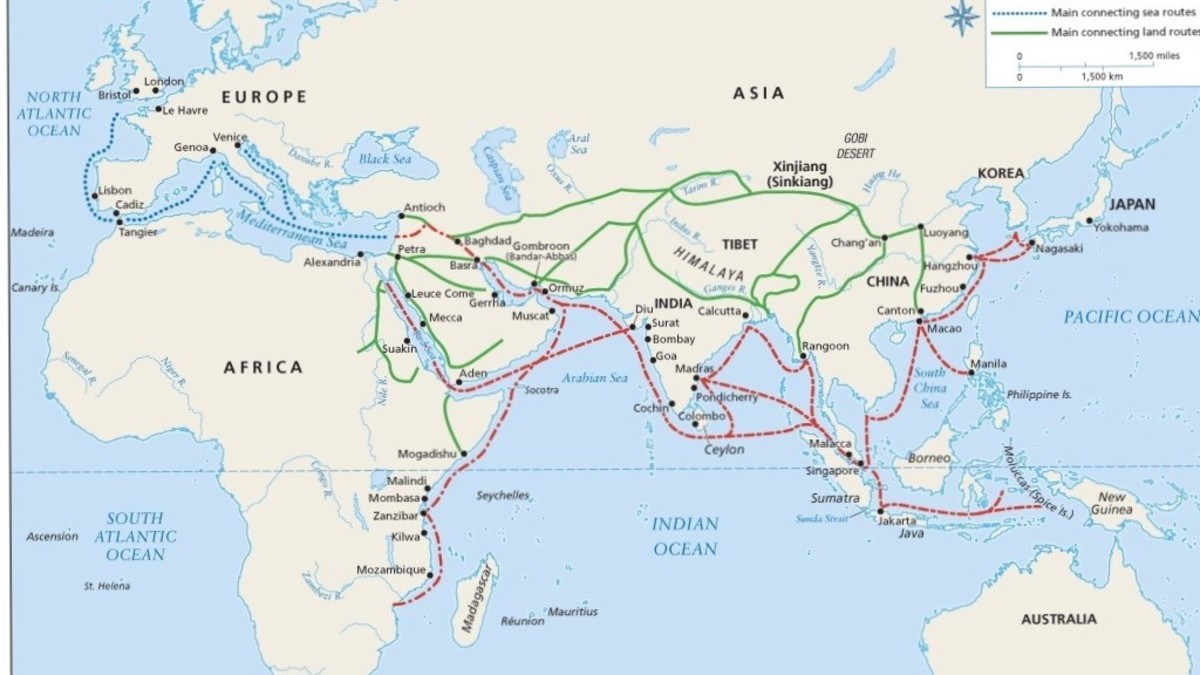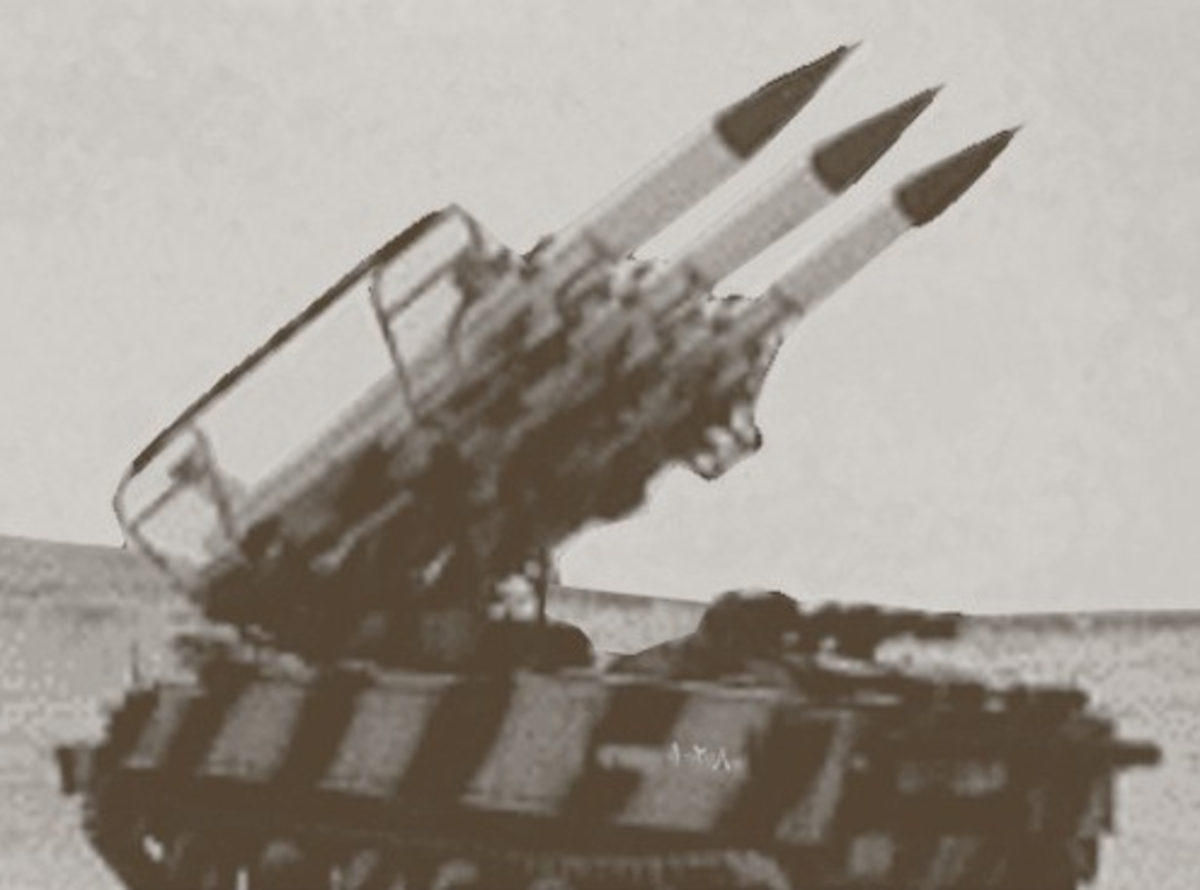Russian Diplomacy in the Middle East
The Non-Existent Other Side
For the longest time it has always seemed that we were on one side, the Russians the diametrically opposite. Now, a coalition of nations either talk about or act upon the latest affront to civilization. Among these nations is Russia. The catalyst was France. For once, nobody wrote the massacre off as an anomaly, a problem to which a single nation had sole propriety. Years ago, one heard conversational talk on the possibility of a terrorist event taking place within the United States. It was always abstract, vague, and speculative. At the time, France was already undergoing real-life nightmares consisting of a string of bombings and shootings. That has changed. So much else has altered as well. At present, there is no such thing as a day going by without a more heightened level of alert than was the case in past decades. As far as diplomats are concerned, they are something of a wild card. They are intermediaries. They "know everybody", but often do no more than meet and greet, gather information, convey messages, and form and mentally file away firsthand impressions. This is quite sufficient for a good read. Moreover, a certain familiarity with high echelon Russian opinions based on significant actions and key personalities does not hurt, even if they are never going to be duplicated on our own soil.
This particular version begins with Nasser in the 1950s, but also includes secret conversations with Israeli leaders in the 1970s. As it turns out, there is as much disagreement on one side as there is between two. Shimon Peres, for instance, does not deviate from a solid, hermetically-sealed, American-Israeli alliance. Whatever it decides must be heeded. Menachem Begin, however, who speaks Russian, had his own personal idiosyncracies. Incidentally, terrorists are not included on the same level, which is a salient point. They have competed against but never subverted the plain legitimacy of recognized nations. I make this point on my own. It is not in the book I use for my primary source, except by implication. Nevertheless, in these pages, just about everyone ever involved in the so-called Middle East peace process makes an appearance, and gets remarks, if only in passing. Thus, for example, the Socialist Party of Yemen, the YSP, despite losing strength, has not yet made its departure. It might seem a sick joke (the YSP maintains 3% of Yemen's Legislature), but hopes for a widespread, socialist Middle East was once a practical reality, especially since Israel, too, leaned farther to the Left in the past than it does today.
UN Security Council Resolutions
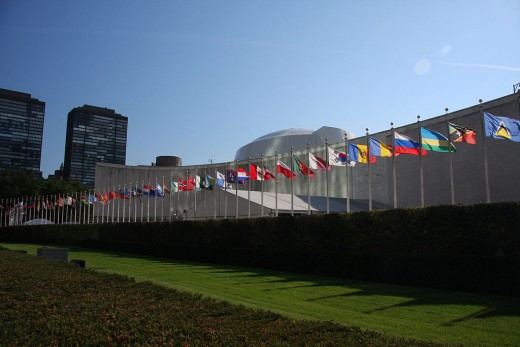
The Elusive Whole Story
"The whole story and nothing but the whole story, so help me . . . ." If only journalists, hands on the bible, could be held to such an oath. How is it possible? Who knows all there is to know, even about a subject considered completely known, inside and out. Herein one reads of the 1973 Yom Kippur War as it has, to my mind, never before been described. That is to say, the surprise attack seems much different, adding into the picture what Russians knew while in minuter-to-minute contact with both Syria and Egypt. How can one verify for the general reader, who only wants to know purely for the sake of knowing, that Anwar Sadat basically sought leverage with which to negotiate, not actually win a war? Did he also urge Syria to stand down and refuse offers from Russia to help them both keep going? Not being a Middle Eastern student or scholar, these revelations were totally new. Also, the standard definition of anyone who defies the powers of Israel in word or deed as someone who wants to wipe it out does not obtain. The author himself takes pains to insist that this has never been Russian policy.
Perhaps it astonishes us to learn that, despite their relations, Middles Eastern powers did not at all take orders from the Kremlin. In fact, it could not always reason with their client states, though they remained on friendly terms. Sometimes it encouraged leaders to comply with American demands. The author reminds us, as well as those with whom he communes, that Russia is not far off from the embattled region. It is not merely meddling. It dreads the loss of Russian life and the spread of hostilities into its own terrain. Occasionally, it has not been able to stand the heat in the kitchen, as was the case in 1967, when, getting no response to an urgent request for a cease fire, it immediately broke off relations with Israel. But in general, no matter how much the degree of turmoil, it "gets down" with the relevant players involved, regardless of the matter. It keeps channels of communication open, too, though no non-Russian country has ever had a carte blanche when it comes to influencing the reigning Politburo.
The Cast
If only it were a play. Nonetheless, a cast of characters enter and exit. Some names are world-famous, others with which only the very interested have a familiarity. No one lasts forever. Nasser gets depressed, having lost the 1967 war, even though his popularity, against the grain of logic, soars. Others, like Saddam Hussein, totally miscalculate. Having ties to the US dating back to the Iran-Iraq War, the tyrant feels certain that he will annex Kuwait without much flak. He is mistaken. Arafat earns an entire chapter. What if he had studied engineering in Texas (he could not get a visa) rather than Cairo? Why did he live in such an austere fashion? Why did he wait so long to marry? How come no one knows for sure where he was born? Suppose Fatah had not stolen Arafat's PLO's fire? Was it true, as has been rumored, that he was poisoned? To the Baby-Boomer, the list of Russian Premiers, Foreign Ministers, and Deputy Foreign Ministers is challenging. Again, some names are so familiar: Podgorny, Gromyko, Kosygin, Andropov, Chernenko, and Brezhnev. Ours are perhaps better known, such as Kissinger, Rusk, and Brzezinski. They must have worked day and night, not to mention their overworked, indefatigable staffs. But why have things gotten worse instead of better? Character is an important element in Aristotelian drama. But, unfortunately, as mentioned above, this is not a play.
Why Diplomacy?

Russian-American Discord
It is not until 2003, a topic held back until the last pages, that a sense of discord arises over the invasion of Iraq. Up until '03, the United States had understandable concerns with Saddam Hussein's leadership, not the least of which was our condemnation of his use of chemicals, a charge that has cropped up again with Syria's President Assad. As to the author's analysis, a bit superficial so as not to be tedious, I have both agreements and disagreements. It is certainly interesting to learn of a comparison between zealous exporters of American democracy to Trotskyites, but this requires an educated background in political science. The trial, I would allow, was a kind of sham -- no more than a "fair trial and hanging", straight out of western Americana lore. That he was found guilty of an assortment of charges comes as no surprise. Overall, so many of his methods were unsavory. But his besmirched reputation is merely a distraction, since the holy land is saturated with senseless wrongs. The tactic of singling out Saddam Hussein, however, in order to create and maintain a constant position of outside authority in the Middle East, might have set a meaningful, long-lasting precedent for years to come. His execution, then, would have sent a clear signal to anyone with savage, dictatorial ambitions. If so, less, not more, destabilization would have resulted -- a hypothetical Russians will not entertain.
The author points out how the disruption of the Ba'athist Party was a terrible disaster for an unusual Islamic unity in Iraq that admits no replacement. As American troops withdrew, under a new administration, Iraq then became yet another religious-minded state subject to the latest forms of extremism. Back home, the new administration handled the threat of nuclear arms in the Middle East differently, more peacefully, holding talks with Iran, rather than splitting the nation wide open with a prolonged combative assault, revealing the fact that could not have been known beforehand, that there were no weapons of mass destruction. That Israel's nuclear program in Dimona brushed off the IAEA and went underground years earlier, where it has since remained, must have permanently alienated a large portion of the surrounding population, to which neither Israel nor America is likely to apologize.
As to the crossing over of Hamas, with the imprimatur of the Palestinian Authority, by means of the vote, into the hallowed realms of legitimacy, one can only note a win for the eternal pessimist. It is not right, but on the other side of the ledger, no mutually acceptable solution for Stateless Palestinians has yet evolved. The crisis has already dragged on far too long. What is most valuable about the book is that it serves to correct a misrepresentation or bias in the American press, which, admittedly, has its reasons. One finds that the Russians have offered to control enriched uranium, to be parcelled out to Iran, with the understanding that it would be restricted to civilian use. Obviously, Americans are not going to sign on. But there has to be a degree of trust between the two powers if real progress is to occur.
Kuwait saved by Desert Shield/Storm

What is Really Going On?
Vladimir Putin only just made his annual address to Russia's Federal Assembly, according to Pravda.RU (apparently no longer connected to the Communist Party). Interestingly, Putin mentioned how it took Russia ten years to "squeeze out" terrorists from his nation. This must have been hard work, and we are going to have to work just as hard. Putin also called upon unity, referring not to consolidation with the U.S., but the U.N. -- which, despite an implied tautology, includes the U.S. It is only too tempting to read into his wordcraft, however, a not-so-subtle rebuke of how our nation fights terrorism. He does not, one notes, go so far as to identify two, mutually exclusive wars against it. There is only one, serving under different commands, following strategies that are sometimes at variance with one another. It is, in any case, a fight that has to be won. Dredging up old grudges is purposeless. The Middle East should not become the battlefield upon which America and Russia slug it out in fulfillment of a madcap interpretation of Revelation.
The Russian point of view is not only interesting but essential to take into account. It is often worrisome, but just as often, merely in need of clarification. Russia is a responsible nation, though it sometimes feels like a thorn in the side. It is hard for us to put up with how soft it is on leaders and peoples of whom we are hyper-critical. In specific, we are tired of the Assad family and its intergenerational, unopposed rule. Russia is also much too harsh, as is the case when Putin intimated the possibility of paying Turkey back for its perceived intransigence. We do not want more feuding than can be handled. It is, in conclusion, a sad fact that nerves are frayed among the living and blood is crying out from the dead. It is also just as factual that somehow or other from the late forties on, the Middle East has weathered all storms. Equally true, the storms have not abated.
The Main Source
Russia and the Arabs, Behind the Scenes in the Middle East from the Cold War to the Present, by Yevgeny Primakov, translated by Paul Gould.

